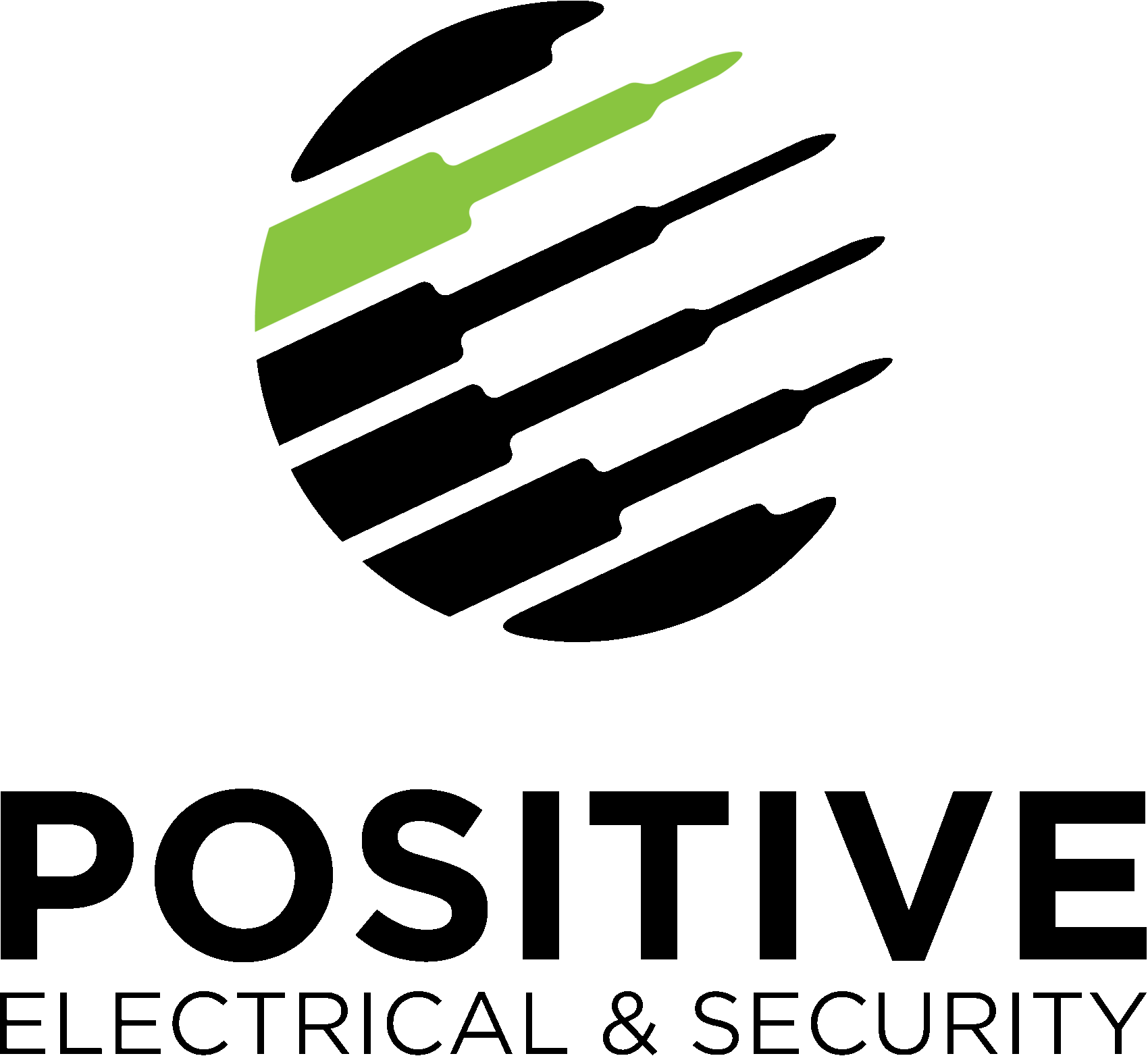Security is a major concern for homeowners and businesses. With rising awareness around property safety, many people might be wondering: how do alarm systems work? Whether you’re protecting your home or business, understanding how sensors, alerts, and cameras function is key to selecting the right security setup. In this article, we’ll break down the essential components of modern alarm systems and how you can have them installed by a trusted sparky.
The Basics of Alarm Systems
Alarm systems are designed to detect and deter intrusions, unauthorised access, and emergencies such as fire or gas leaks. They consist of several interconnected components that work together to provide comprehensive security. The main elements include:
- Security Alarms – Detect and deter intrusions with motion sensors, door contacts, and glass break detectors.
- CCTV & Surveillance Cameras – Monitor and record activities around your property for security and evidence collection.
- Smoke & Fire Detection – Integrated alarms that detect smoke and heat, providing early warnings in case of fire.
- Intercom & Access Control – Systems that allow secure entry through audio and video verification.
- Mobile Alerts & Remote Monitoring – Smart systems that send notifications and allow remote control via mobile devices.
- Professional Monitoring Services – Some systems connect to a security service that can dispatch emergency responders if necessary.
Key Features of Alarm Systems
1. Security Alarms
Security alarms work by detecting unauthorised movement or entry. Motion sensors, door and window contacts, and glass break detectors all play a role in triggering alerts when an intrusion is detected. These alarms can be set to activate loud sirens or send alerts to a mobile device.
2. CCTV & Surveillance Cameras
Security cameras provide 24/7 monitoring and can be accessed remotely. Modern CCTV systems offer high-definition video, night vision, and motion-triggered recording to ensure your property is well-protected at all times. Some systems also come with cloud storage options, making it easier to access footage when needed.
3. Smoke & Fire Detection
Smoke and heat detectors are essential for both residential and commercial properties. These sensors provide early warning in case of fire, helping to minimise damage and protect lives. Many modern fire alarms are interconnected, meaning that if one alarm detects smoke, all alarms in the system will sound, ensuring maximum safety.
4. Intercom & Access Control
Intercom and access control systems allow homeowners and businesses to manage entry securely. Video intercoms provide real-time visual and audio communication, while access control systems ensure that only authorised personnel can enter restricted areas. Some systems also include keypad entry or biometric scanners for added security.
5. Mobile Alerts & Remote Monitoring
Modern alarm systems come with smart technology that allows users to monitor and control security settings via mobile apps. Remote access enables property owners to arm or disarm alarms, view live camera feeds, and receive real-time notifications about security events. This feature is especially useful for those who travel frequently or manage multiple properties.
6. Professional Monitoring Services
For additional security, some alarm systems are linked to a professional monitoring service. These services ensure that if an alarm is triggered, trained security personnel can assess the situation and, if necessary, contact emergency services on your behalf. This added layer of security provides peace of mind, especially when you’re away from your property.
Installing an Alarm System: What to Consider
When considering the installation of an alarm system, it’s important to assess your property’s security needs. Factors to consider include:
- The size and layout of the property.
- The number of entry points and vulnerable areas.
- Whether you need a wired or wireless system.
- The level of smart integration desired.
- Whether professional monitoring is required.
For professional installation, it’s best to work with experienced electricians and security experts. Positive Electrical offers expert installation of alarm systems, CCTV cameras, smoke alarms, and access control solutions. Their team provides tailored solutions to meet individual security needs. Learn more about their services here.
Contact the Experts
Understanding how alarm systems work can help you choose the right security solution for your property. With various security alarms, CCTV cameras, smoke detectors, and access control options available, modern alarm systems provide comprehensive protection. If you’re considering installing an alarm system, Positive Electrical has the expertise to set up a reliable system that fits your needs. Their team of professionals ensures that each system is customised for maximum security and ease of use. Learn more about their alarm systems and security services here.

